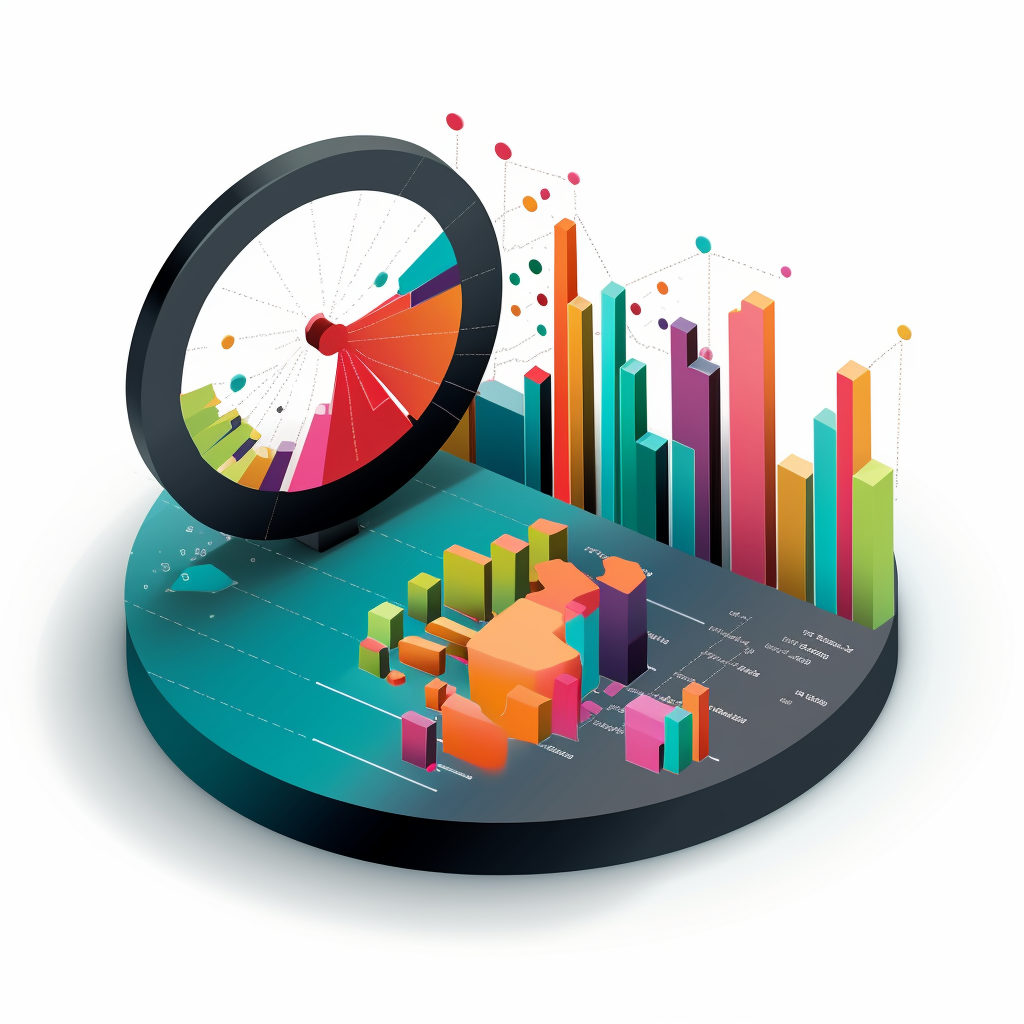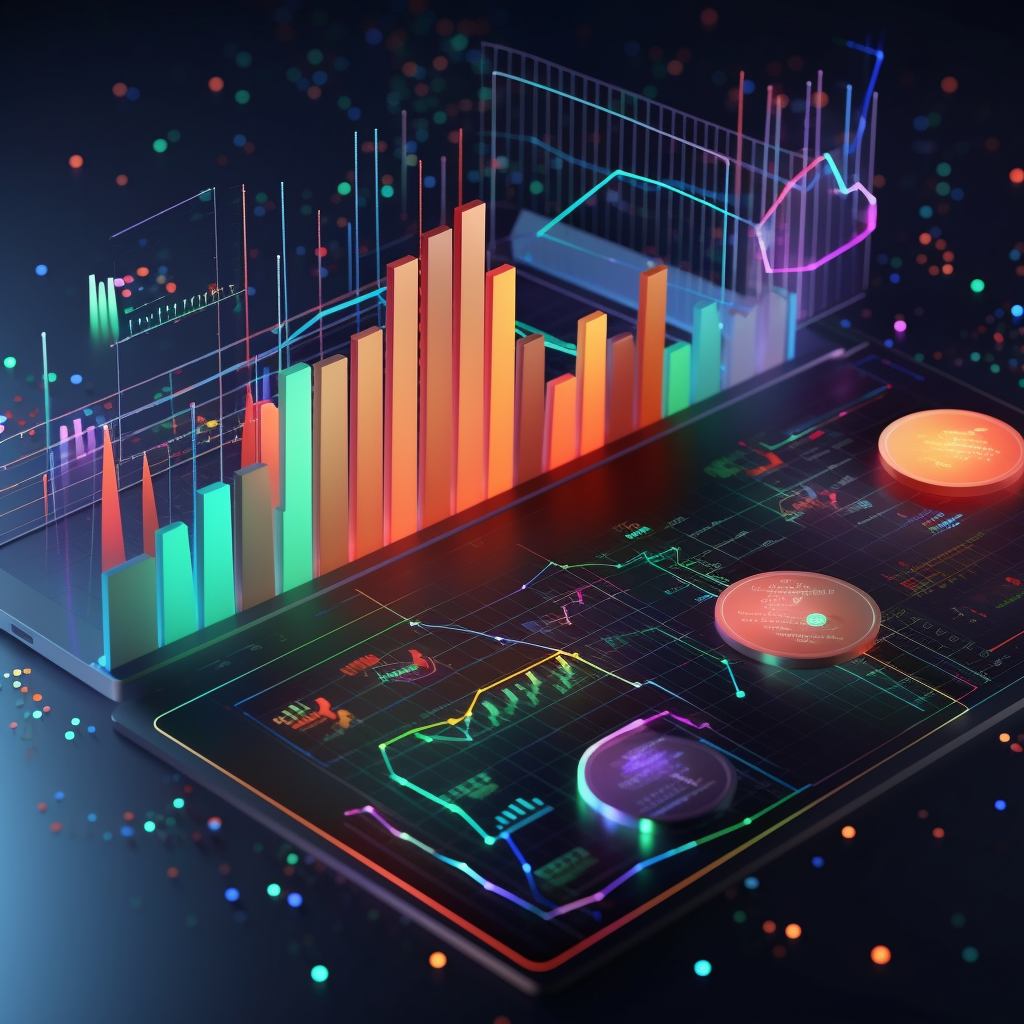Considerations for Data Warehousing and Database Management

Data warehousing involves the collection, storage, and management of large volumes of data from disparate sources. It provides a centralized repository for data analysis and reporting, enabling organizations to make informed decisions. The process of data warehousing includes the extraction, transformation, and loading (ETL) of data into a structured format that is optimized for query […]
The Rise of Edge Computing for Real-Time Data Analysis

In today’s digital age, the ability to analyze data in real-time has become crucial for businesses looking to stay competitive. With the increasing volume of data being generated by IoT devices, sensors, and other sources, traditional methods of data analysis are no longer sufficient. This is where edge computing comes into play. What is Edge […]
Scalability Considerations – Building a Future-Proof Data Model

The ability to scale your data model effectively is crucial for maintaining performance and ensuring that your system can handle ever-increasing data volumes. Scalability is not just about adding more resources; it’s about designing your data model to grow seamlessly and efficiently. This blog will explore key considerations for evaluating your data model’s scalability, planning […]
The Future of Digital Transformation – How Technology Outsourcing Can Lead the Way

Digital transformation has become a critical imperative for organizations across industries. As companies strive to stay relevant, competitive, and agile in the face of disruptive technologies and changing customer expectations, they are increasingly turning to technology outsourcing as a strategic lever to drive innovation, improve efficiency, and reduce costs. This article delves into the pivotal […]
Sustainable Digital Transformation – Integrating Sustainability into Business Strategies

Introduction In the face of global challenges such as climate change, resource depletion, and social inequality, businesses are increasingly recognizing the need to integrate sustainability into their operations and strategies. At the same time, the rapid advancement of digital technologies is transforming the way companies operate, innovate, and create value. The intersection of these two […]
Enhancing Digital Customer Experience

In the era of digital transformation, delivering an exceptional customer experience across digital channels has become a critical differentiator for businesses. As customers increasingly interact with brands through websites, mobile apps, social media, and other digital touchpoints, companies must adapt their strategies to meet evolving expectations and preferences. By focusing on personalization, seamless omnichannel experiences, […]
Edge Analytics – Bringing Intelligence Closer to the Data Source

Edge analytics is a powerful approach that involves performing data analysis at the edge of the network, close to where the data is generated. This paradigm shift in data processing offers numerous benefits and enables new possibilities in various domains, particularly in the Internet of Things (IoT) and real-time applications. In this blog post, we […]
Harnessing the Power of Big Data and Advanced Analytics for Business Success

Organizations are increasingly turning to big data and advanced analytics to gain a competitive edge. Big data refers to the massive volumes of structured and unstructured data generated by various sources, such as social media, sensors, and transactions. This data is characterized by its volume, velocity, and variety, often referred to as the “three Vs” […]
ETL and Data Lakes – Unlocking the Power of Big Data

In today’s data-driven world, organizations are collecting and storing massive amounts of data from various sources. From customer interactions and social media feeds to sensor readings and log files, the volume and variety of data are growing at an unprecedented rate. To effectively utilize this data for analytics, machine learning, and decision-making, it is crucial […]
Open Source vs. Commercial Analytics Engines

In the era of big data, organizations across various industries are increasingly relying on analytics engines to process, analyze, and extract valuable insights from massive volumes of structured and unstructured data. Analytics engines play a crucial role in helping businesses make data-driven decisions, optimize processes, and gain a competitive edge. However, when it comes to […]

